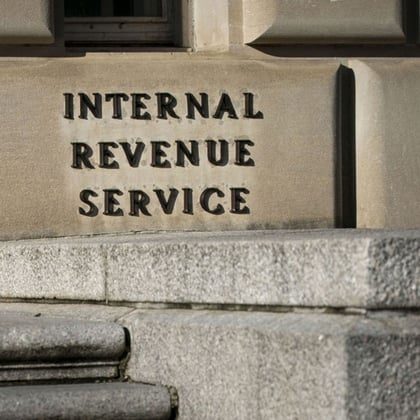The Internal Revenue Service announced Tuesday that it is once again delaying implementation of its new $600 Form 1099-K reporting threshold for third-party platform payments beyond the 2023 tax year.
In addition to the delay for 2023, the IRS says it will install an interim reporting threshold of $5,000 for 2024 in order to help “phase in implementation” of the eventual $600 limit, which was originally set for enforcement as early as 2022.
The news will affect the millions of individual Americans and small-business owners who regularly use peer-to-peer digital apps such as Venmo, Zelle, PayPal and others to directly send and receive money in both a personal and commercial context.
Under the American Rescue Plan Act of 2021, such payment apps are now required to report transactions for goods and services in excess of $600 to the IRS. This new flow of payment information, experts have warned, will not necessarily increase most people’s tax burden, but it could potentially raise the scrutiny of tax officials if large volumes of otherwise-unreported transactions are found to be flowing between businesses and consumers.
Prior to adoption of the ARA legislation, the IRS reporting threshold was $20,000 and 200 or more transactions.
The specific terms of the new delay are contained in IRS Notice 2023-74.
According to an IRS statement announcing the delay, this action is expected to reduce the potential confusion caused by the distribution of an estimated 44 million Forms 1099-K “sent to many taxpayers who wouldn’t expect one and may not have a tax obligation.”








 November 22, 2023 at 01:59 PM
November 22, 2023 at 01:59 PM











 Copyright © 2024 ALM Global, LLC. All Rights Reserved.
Copyright © 2024 ALM Global, LLC. All Rights Reserved.